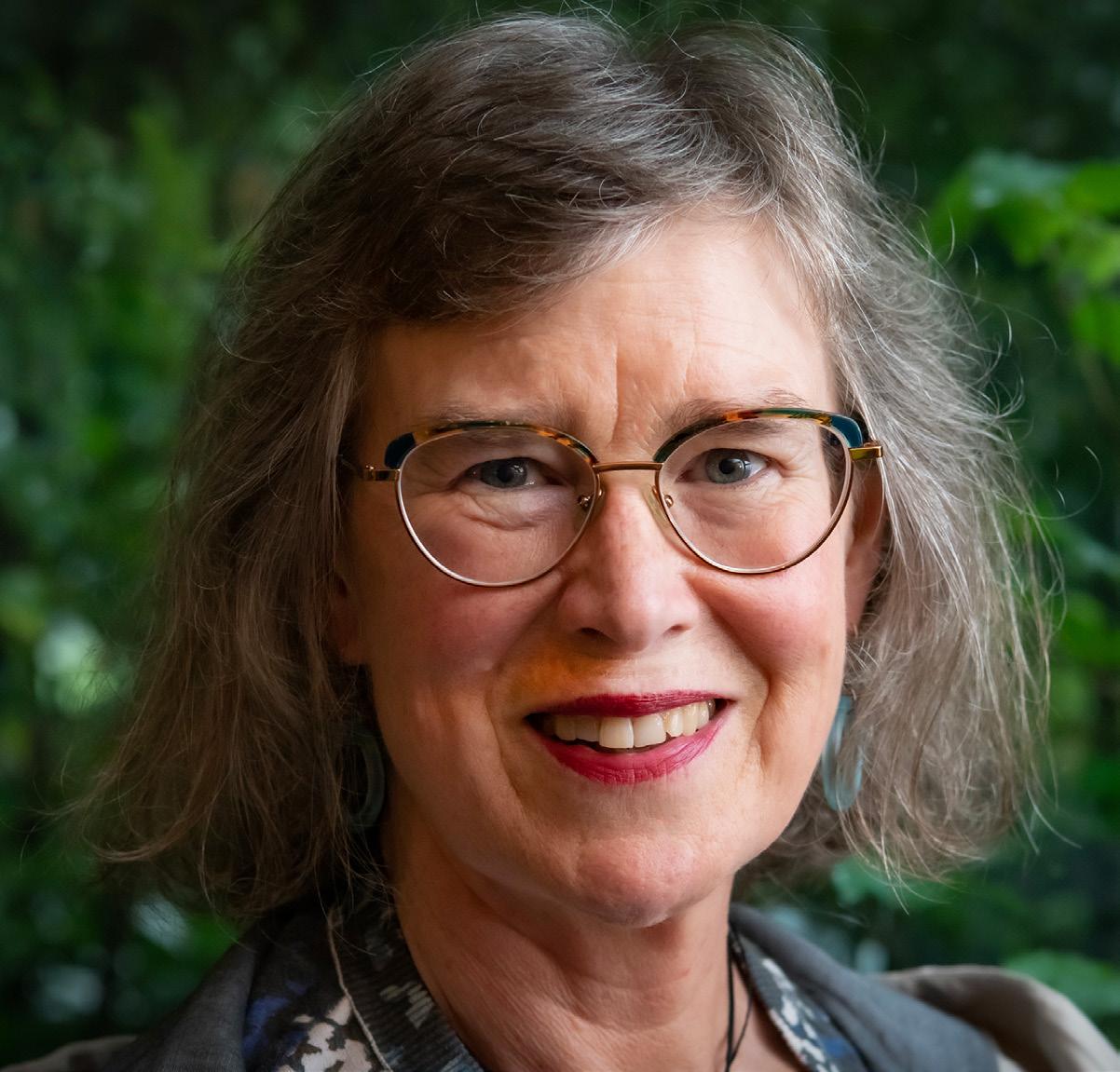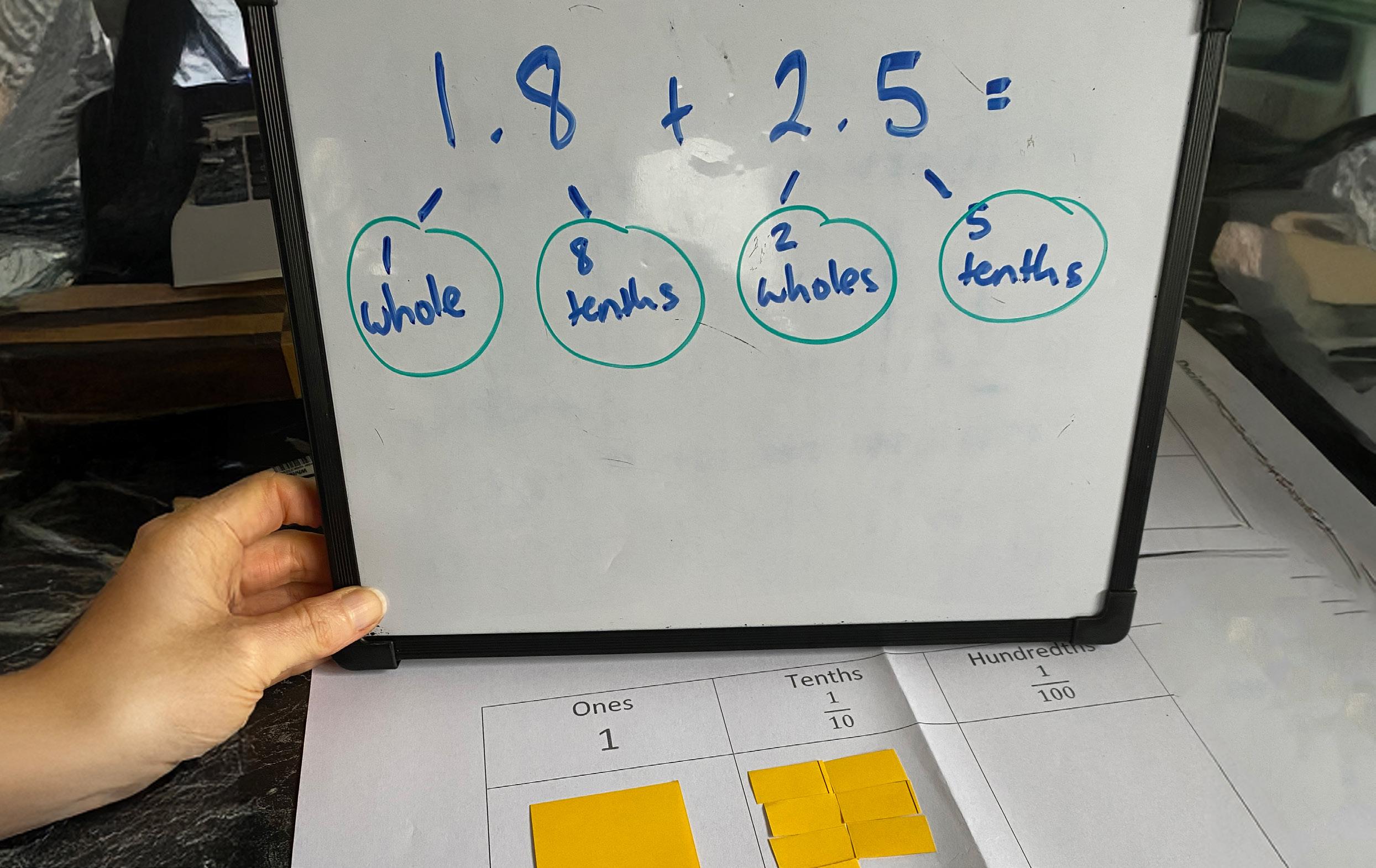
5 minute read
Teaching maths with confidence
Primary and secondary teachers across Aotearoa are gaining fresh strategies, building confidence and rediscovering their passion for mathematics through professional learning that is transforming both their teaching practice and their students’ success.
Two passionate maths educators from Te Herenga Waka – Victoria University of Wellington set out to strengthen the teaching of mathematics across the motu last year.
Wanting students to feel positive and motivated to learn mathematics, Robin Averill and Sarah Howell approached Kāpuhipuhi Wellington Uni-Professional with the idea to develop a micro-credential maths course for teachers.
“We wanted to share our passion with teachers so they could, in turn, support their learners to be passionate about mathematics,” says Sarah.
More than 100 primary and secondary teachers across the motu have now participated in the online course since enrolments first opened in July last year.

Practical strategies
“As teachers, it is always great to keep learning, to feed our thinking, to do our very best in our teaching, as well as to model the importance of continued learning to ākonga,” says Robin.
During the course, teachers conduct a deep dive into fractions, decimals and percentages, with a second course focusing on algebraic thinking – areas that ākonga often find challenging.
Robin explains that working with proportions requires a shift in thinking from whole numbers to parts of quantities, and algebra involves the abstract step of replacing numbers with letters. The PLD provides teachers with practical strategies to help ākonga make these thinking shifts with confidence.
Each course also features videos from expert teachers across the motu, sharing what they have found is effective in their classrooms. “These videos are an absolute highlight for the participants and we have been so lucky that the teachers we approached agreed to share their experience and resources,” says Sarah.
After the learning, teachers put their new ideas into practice through assessments and personalised resources for their own students.
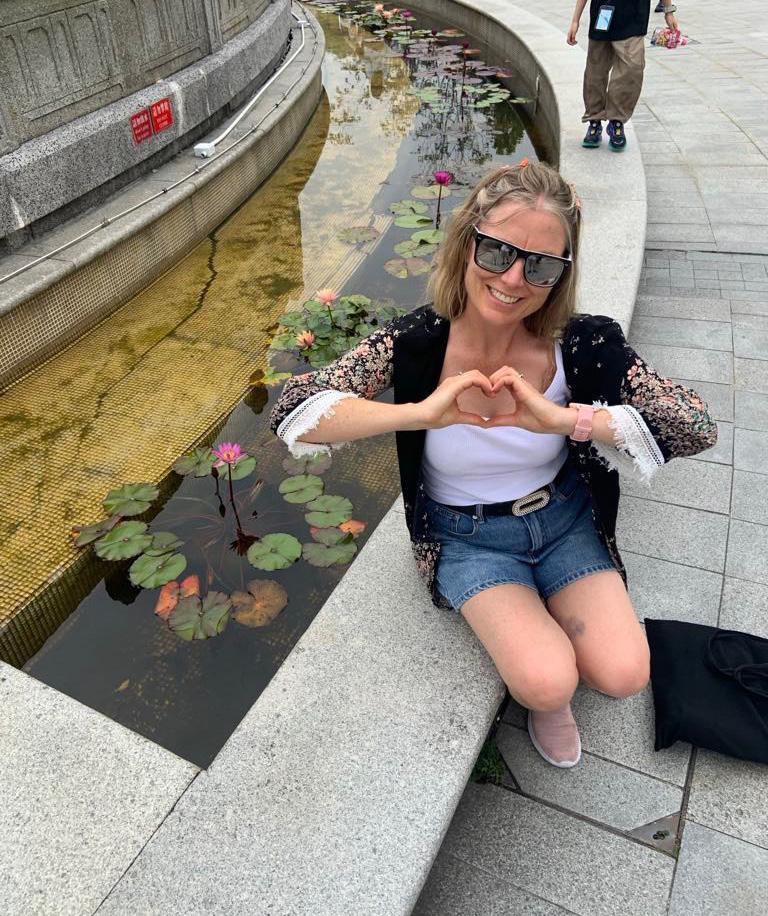
Connecting concepts to contexts
Central Regional Health School Manawatū teacher Rachel Burgess says the course helped her upskill in a structured, supported way to better help her learners.
“I needed familiarity with these earlier-year concepts to support my students who are struggling,” she says.
Wellington College teacher Jundi Yang says relearning the basics reminded her how daunting maths can be without context.
“Now, when a student says, ‘I don’t get it,’ I hear my own past frustrations, and reach for those visual tools like bar models, number lines, and real-world contexts instead of repeating explanations,” she says. “Now I scaffold thinking, instead of assuming prior knowledge.”
Sarah notes that every teacher, no matter their experience, has something to gain and contribute.
“A teacher will always share a resource or a strategy or an approach to solving a problem that I hadn’t considered before, too,” she says.
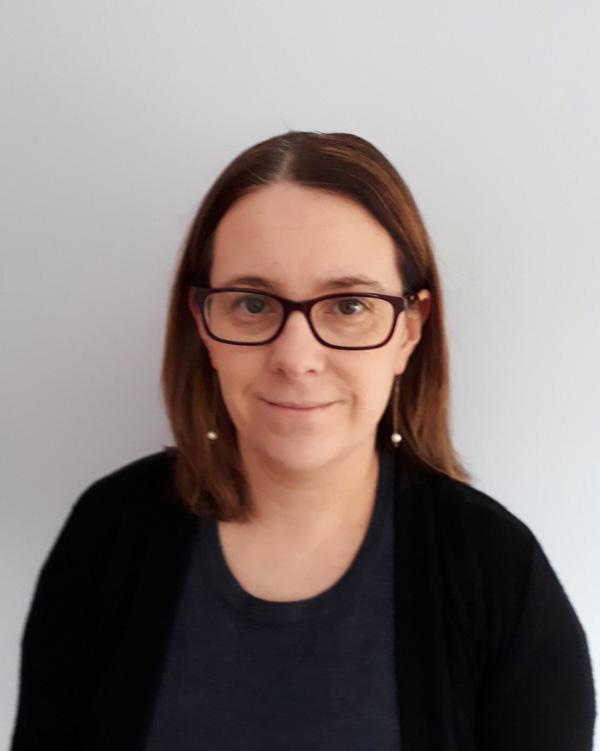
Growing confidence in new contexts
When maths teacher Anita Duhan joined the staff at Wellington High School in 2023 from India, she wanted to deepen her understanding of the local curriculum and cultural context.
“It allowed me to connect my previous experience with the needs of learners here, while learning how to be more responsive, inclusive and confident in a New Zealand classroom,” she says.
“It was also an opportunity to grow professionally and build a stronger foundation for my teaching practice in a new country.”
Taking part in the course helped Anita focus on the why behind the maths.
“Most importantly, it reinforced the belief that every student can succeed in maths with the right support and approach,” she says.
“The collaborative aspect was also valuable, highlighting that we’re not tackling these challenges in isolation.”
From week one, teachers are encouraged to share ideas they have tried or how they have changed their approach.
Sarah explains that when teachers are open to the different ways students learn, ākonga feel encouraged to get creative in their maths learning.
“Students instantly sense when a teacher is unsure, especially in maths,” says Jundi. “So confident teachers create classrooms where questions are welcomed, not feared.”
Anita says that acknowledging and valuing each student’s background, language, culture and prior learning is key to designing more relatable and inclusive lessons.
“This helps create a classroom where every learner feels seen, respected and included in the learning process,” she says.
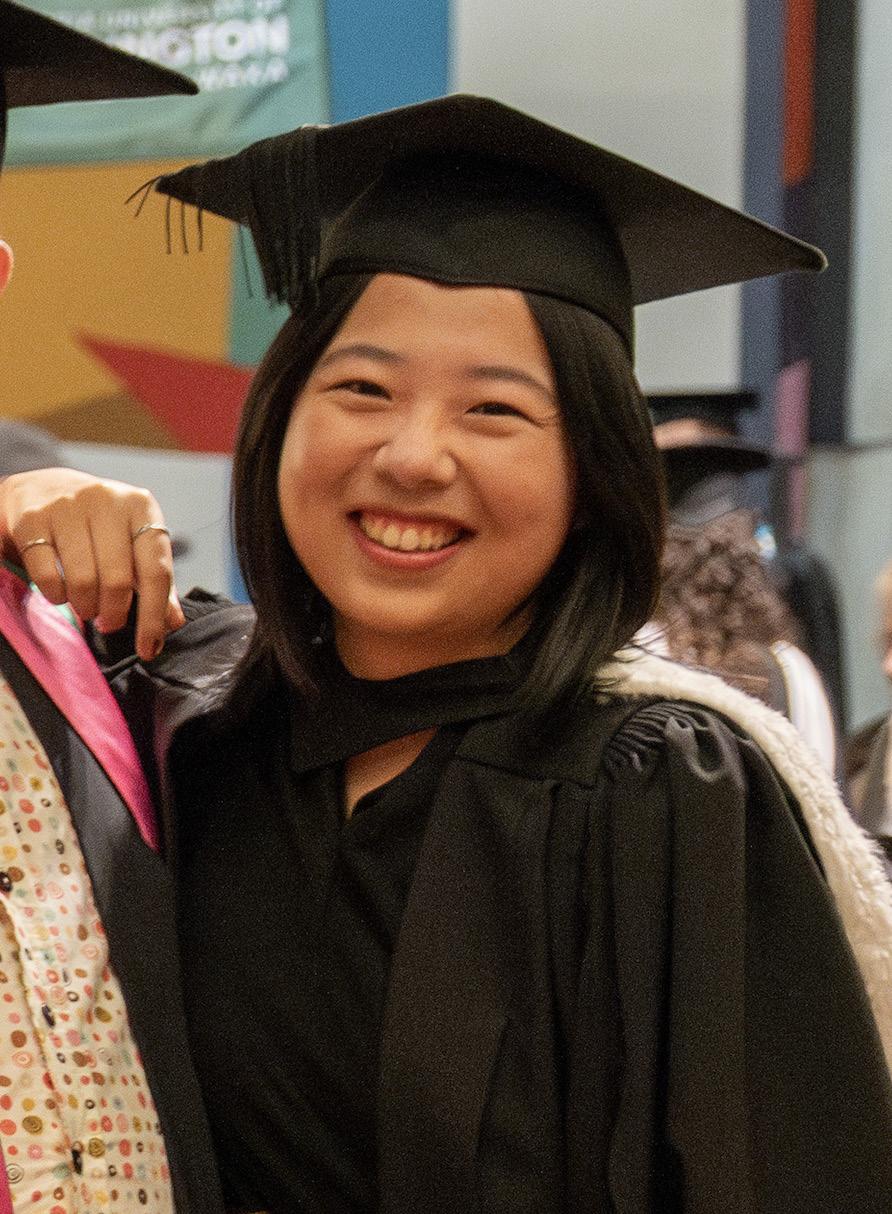
Confident teachers, confident learners
The facilitators hope teachers will leave the course feeling confident and excited to teach maths, equipped with a kete of evidence-based strategies and resources.
“We want kaiako to be teaching learners in effective ways to develop their conceptual understanding of ideas in mathematics – that deep and connected way of knowing how ideas relate and the ‘why’ of mathematical concepts,” says Sarah.
Alongside this, teachers are encouraged to model that it’s OK to make mistakes in mathematics and that learning comes from those mistakes.
“Mathematics is an essential part of the curriculum and provides access to many life skills and life pathways,” says Robin.
“We need ākonga to be confident learners and users of mathematics to access future learning and opportunities, so teachers must convey confidence as well as positivity and pleasure in their use and teaching of mathematics.”
Rachel agrees that teacher confidence is key to breaking down negative perceptions of maths.
“Confident teachers are also more likely to use varied strategies, differentiate effectively and respond to diverse learner needs,” adds Anita.
Find out more at wellingtonuni-professional.nz https://wellingtonuni-professional.nz/course/ supporting-student-success-in-mathematics-learning/ or contact elizabeth.craker@wellingtonuni-professional.nz.
